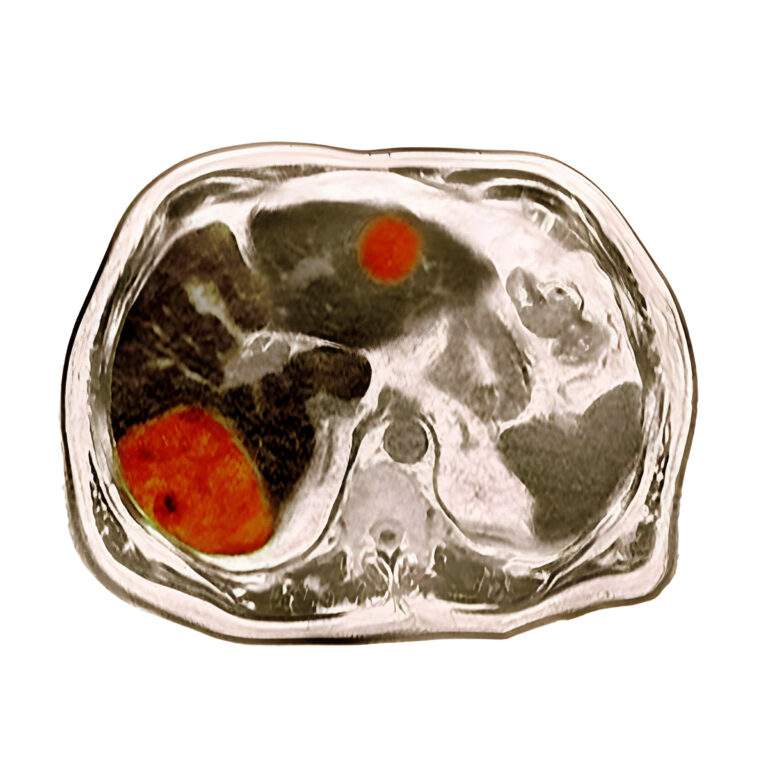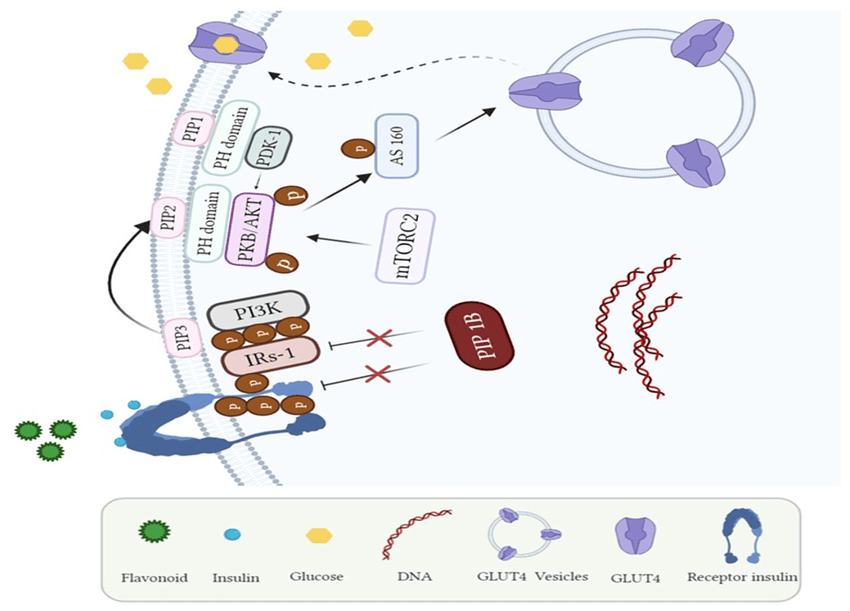Hepatocellular carcinoma (HCC) is one of the most common types of liver cancer, accounting for nearly 90% of all liver cancer cases globally. One of the key factors linked to the development and progression of this cancer is a protein known as Protein Tyrosine Phosphatase 1B (PTP1B). Understanding the role of PTP1B in hepatocellular carcinoma is essential for developing new treatment methods. In this article, we will explore the connection between PTP1B and HCC, backed by research, and delve into the latest treatment techniques available.
What is PTP1B?
Protein Tyrosine Phosphatase 1B (PTP1B) is an enzyme that regulates various cellular signaling pathways, including those involved in metabolism, growth, and immune responses. Initially recognized for its role in insulin and leptin signaling, PTP1B has been linked to cancer development.
The Role of PTP1B in Cancer
Research shows that PTP1B regulates oncogenic pathways by dephosphorylating tyrosine residues on proteins, allowing them to activate cancer-promoting signaling cascades. Dysregulation of PTP1B leads to enhanced cell proliferation and survival, a common feature in tumors. In hepatocellular carcinoma, PTP1B’s overexpression has been associated with aggressive tumor growth, metastasis, and resistance to apoptosis.
Recent studies published in the Journal of Hepatology (2023) and Oncotarget (2022) indicate that elevated PTP1B levels are seen in patients with HCC, suggesting that targeting PTP1B could be a promising therapeutic strategy.
PTP1B and Hepatocellular Carcinoma

How PTP1B Contributes to HCC Development
Research from Harvard Medical School (2022) has demonstrated that PTP1B promotes HCC by enhancing the activity of cancer-driving proteins through pathways such as ERK/MAPK and PI3K/AKT. These pathways are crucial for cell survival, growth, and proliferation, and their hyperactivation by PTP1B leads to more aggressive tumor behavior.
Moreover, PTP1B helps create a tumor-friendly environment by fostering angiogenesis, immune suppression, and inflammation. These factors not only help the tumor grow but also allow it to evade immune detection, making treatment more difficult.
Latest Techniques for Treating Hepatocellular Carcinoma
Given the role of PTP1B in HCC, many treatment approaches are under investigation, with the aim of inhibiting its activity. Below are some of the latest cutting-edge therapies targeting PTP1B or utilizing advanced cancer treatment techniques:
1. PTP1B Inhibitors
PTP1B inhibitors are one of the most promising therapeutic strategies. A study from Nature Reviews Drug Discovery (2022) highlighted the development of small-molecule inhibitors, such as MSI-1436 and TRO-19622, which showed success in reducing tumor growth in preclinical models of HCC. Clinical trials are currently underway, with Phase II trials expected to complete in 2025, evaluating the efficacy of these inhibitors in combination with chemotherapy.
2. Immunotherapy
Immunotherapy has gained popularity in treating various cancers, including liver cancer. By enhancing the body’s immune response, immunotherapy can target and eliminate tumor cells. Combining PD-1 inhibitors (such as pembrolizumab) with PTP1B inhibitors is currently being explored as a treatment for HCC. Research published in The Lancet Oncology (2023) indicates that such combinations can improve overall survival rates by reactivating the immune system’s ability to target cancer cells.
3. CRISPR-Cas9 Gene Editing
CRISPR-Cas9 technology, which allows for precise genetic modification, is being explored as a potential treatment for HCC. In particular, CRISPR could be used to knock out the PTP1B gene in tumor cells, thereby halting its cancer-promoting functions. Although this technique is still experimental, early trials conducted by Johns Hopkins University (2023) have shown promising results in animal models.
4. Targeted Drug Delivery Systems
To improve treatment specificity and reduce side effects, targeted drug delivery systems are being developed. Using nanoparticles or liposomes, PTP1B inhibitors are being delivered directly to the liver in animal studies, significantly reducing the tumor size while minimizing toxicity to healthy cells. BioTech Advances (2023) reported that clinical trials for these delivery systems are anticipated to begin soon, offering hope for patients with advanced-stage HCC who may not be eligible for traditional treatments.
Practical Considerations for Patients
If you or a loved one is dealing with hepatocellular carcinoma, it’s essential to discuss PTP1B-targeted therapies with your healthcare provider. Many of these treatments are still in the experimental stage, but clinical trials may be accessible depending on your location and stage of the disease.
- Consult a specialist: Oncologists specializing in liver cancer can provide up-to-date information on available treatments.
- Explore clinical trials: Websites such as ClinicalTrials.gov offer a comprehensive database of ongoing trials for PTP1B inhibitors and other innovative therapies.
- Ask about combination therapies: Discuss the possibility of combining immunotherapy with targeted therapies like PTP1B inhibitors.
Future Directions in PTP1B-Related HCC Treatment
Ongoing research is shedding more light on the role of PTP1B in cancer biology, and there is growing interest in developing more personalized therapies. Combining PTP1B inhibitors with tyrosine kinase inhibitors (TKIs) such as sorafenib or lenvatinib may offer synergistic effects, targeting multiple pathways involved in cancer progression.
Additionally, liquid biopsies may become a standard tool for monitoring treatment effectiveness by tracking PTP1B levels in the blood, helping clinicians adjust therapies in real time.
Conclusion
PTP1B plays a significant role in the development and progression of hepatocellular carcinoma, making it a key target for innovative therapies. The latest treatments, such as PTP1B inhibitors, immunotherapy, gene editing, and targeted drug delivery systems, offer hope for more effective, tailored approaches to treating this deadly cancer. Patients should stay informed about clinical trials and emerging treatments to maximize their options. As research continues, the landscape of HCC treatment is likely to evolve, providing new avenues for tackling this challenging disease.






